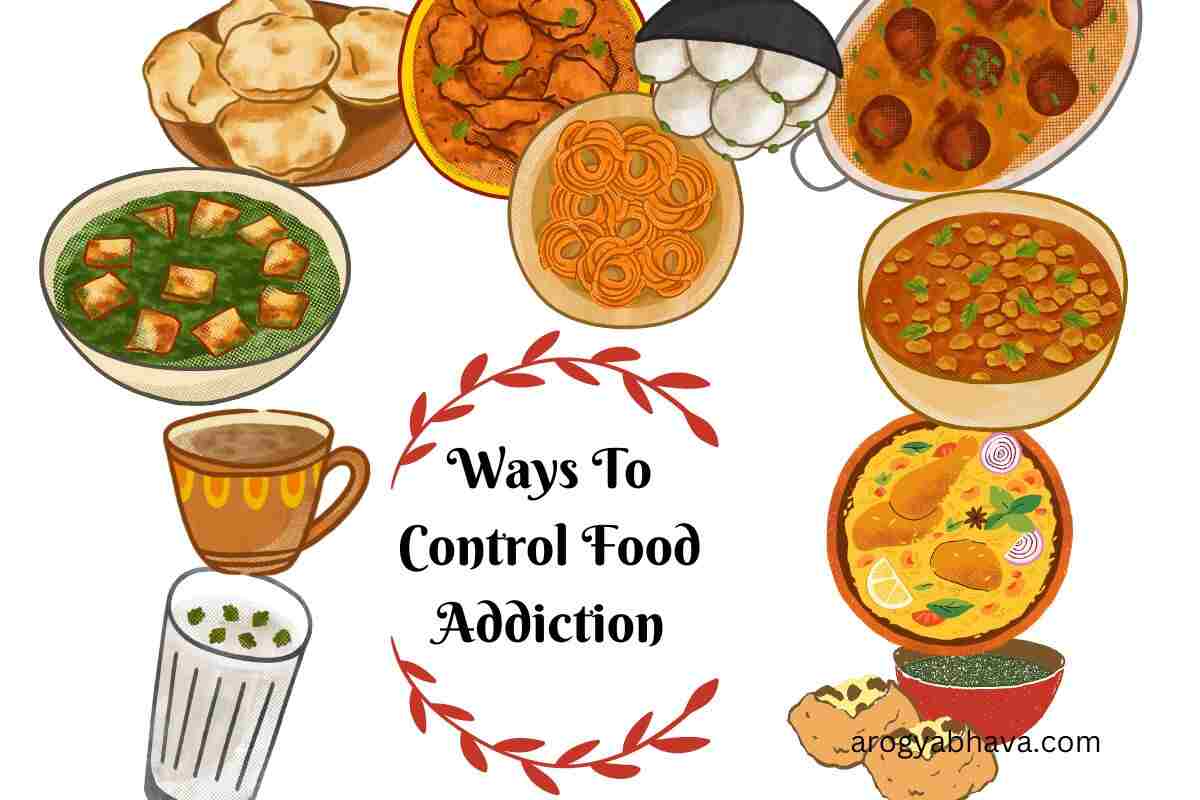Food Addiction: Use These 4 Ways to Control It

Food addiction seems to be a ridiculous condition, but it is a very serious and very real ailment, which drives people to eat much more than they really need to or really can. Psychologists have often associated food addiction with stress and poor body image, and frankly, this is a vicious cycle. Owing to stress and poor body image, people seek comfort in food. However, the more food they eat, the more weight they gain and eventually, the more comfort they need. It is very difficult to break this cycle and release yourself.
Strategies to manage food addiction
With the right plan, support and guidance though, you can find ways to overcome your food addiction and reclaim your life.
Here we will discuss 4 ways to control food addiction.
- Acknowledge the problem
- Visit a doctor
- Focus on your diet
- Seek support
1. Acknowledge the problem
food is a necessity to survive and there is a very thin line between being hungry and seeking food for comfort. More often than not, people are unable to realize that they have begun to depend on food for their comfort. You must understand that it is a problem when you have a certain preoccupation with food. Even if your health is suffering due to it, you still cannot stop yourself from bingeing on the foods that you know will further harm your health. A lot of people may eat to the point of discomfort, and then vomit the food they have eaten so that they can eat some more. They have absolutely no self-control when it comes to food. They associate all their pleasure and comfort with food, and so they repeatedly seek both these things in food. They often exhibit an inability to cope with stress and anxiety, and if they are denied food during such times they easily develop headaches, get upset and irritable and eventually develop insomnia.
2. Visit a doctor
Food addiction is an illness. This could involve both your body and your mind. So once you figure out you have a problem, schedule an appointment with your physician and a psychologist to get help. They will help you channel your stress and anxieties and will guide you in your quest to overcome your addiction. If you have some physical problem, it could compound your dependence on food, so make sure you meet a physician and get a proper check-up. It is an important part of the process of reclaiming your life and your body.
3. Focus on your diet
The most significant thing about food addiction is that this addiction is usually only to foods that are not good for your body. Seldom would you find anyone who enjoys bingeing on healthy foods. Changing your diet could change the feelings of comfort and pleasure that you associate with food. Look for healthier alternatives for all your meals. For snacking, prefer fruits and granola bars instead of cookies and cold drinks. Try to moderate your intake and make a food plan. Your therapist and your doctor can help you in this. Plan your meals in advance and in detail. However, do not begin to obsess about what you would eat in your next meal. Drinking lots of water could suppress your hunger and prevent you from overeating or overindulging yourself.
4. Seek support
The most important thing that would help you overcome your addiction is the knowledge that you are not alone. You need to create a support group for yourself – people who care about you and would stand by you as you struggle with your demons. Rely on family and friends that are close to you and talk to them about your problem. The knowledge that you are surrounded by family and friends who will listen to you and support you in your tough times, can be a game-changer in this case.